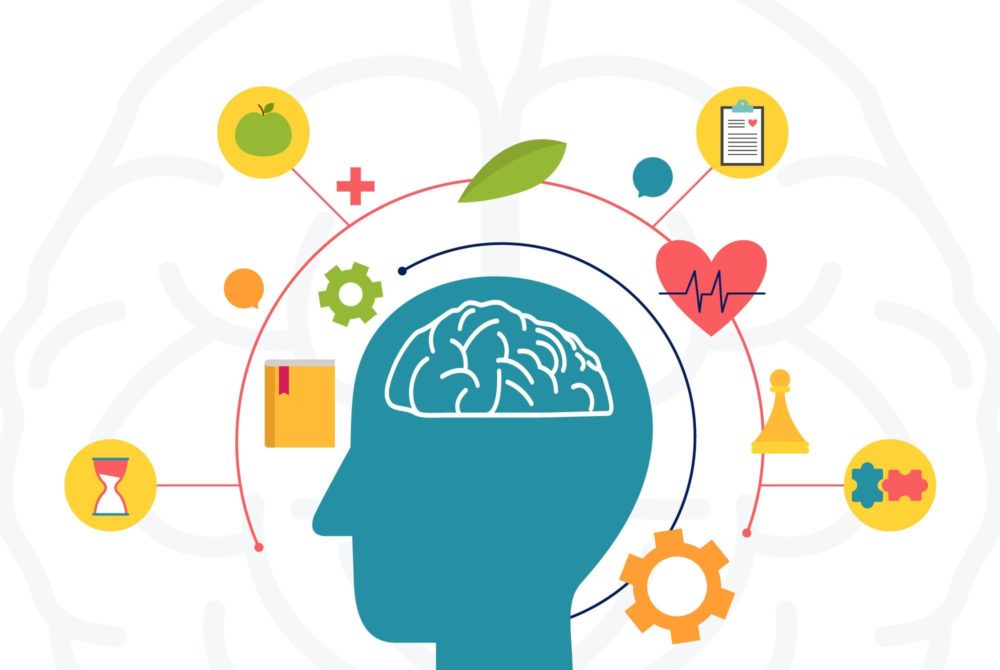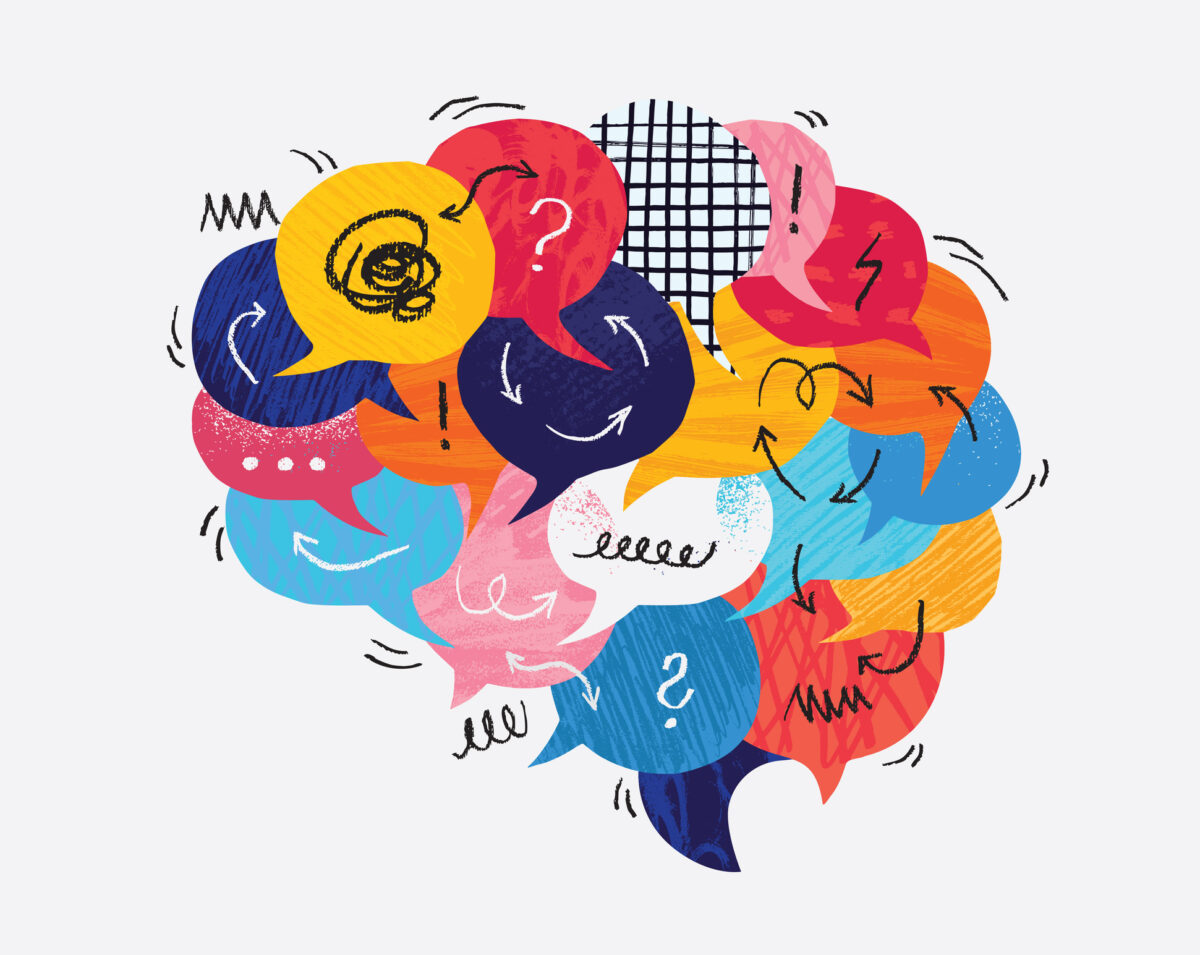Ten steps for a healthy brain
The same things that help to keep your body and heart healthy – nutritious diet, physical activity and social connections – also can help promote brain health and wellness.
“Lifestyle choices play a vital role in healthy aging and brain health, and it’s never too soon to start,” said Charles J. Fuschillo, Jr., President and CEO of the Alzheimer’s Foundation of America (AFA). “Eating right, exercising the body and mind, getting proper sleep, and being socially active all contribute to healthy aging and good brain health, and can potentially reduce the risk of developing a dementia-
related illness.”
The AFA offers the following 10 steps for healthy aging:
Eat well: Adopt a low-fat diet high in fruits and vegetables. Take daily vitamins. Limit your intake of red meats, fried and processed foods, salt, and sugar. Most heart-healthy foods are also brain healthy.
Stay active: Physical activity increases blood flow to the brain and also improves mood and overall well-being. Brisk walking benefit brain health, while aerobics can boost your heart rate. Weight training builds strength and flexibility.
Learn things: Challenge your brain by starting a new hobby, like playing tennis, learning to speak a foreign language or taking a cooking class. Even brushing your teeth with your non-dominant hand stimulates the brain by forcing it to think outside of its normal routine.
Get rest: Getting seven to nine hours of sleep every night is ideal. Having a good sleep environment is also helpful. Insomnia or sleep apnea can have serious physical effects and can also negatively affect memory and thinking.
Mind meds: Both over-the-counter and prescription medication can affect everyone differently, especially as you age. Talk to your doctor or pharmacist when starting a new medication or resuming one that you have not taken in a while.
Cut smoking and alcohol: Smoking can increase the risk of other serious illnesses, while too much alcohol can impair judgment and cause accidents, including falls and car crashes.
Stay connected: Social interaction and maintaining an active social life are very important for brain health, mental stimulation and mood. Invite friends and family over for a meal, board games, or just to hang out. Engaging in your community and participating in group activities is also beneficial
Reduce pressure: Blood pressure can impact your brain functioning. Check your blood pressure regularly to make sure it is in the normal range.
Get checked: Health screenings and regular checkups are key to managing chronic illnesses, such as diabetes, cardiovascular disease, and obesity, all of which can impact brain health. Your brain needs regular checkups, too. Memory screenings are quick, noninvasive exams. Talk to your doctor about getting a memory screening as part of your annual wellness exam.
The Alzheimer’s Foundation of America provides free virtual memory screenings every weekday. To learn more about healthy aging, brain health or memory screenings, contact the AFA Helpline by calling 1-866-232- 8484, text messaging 1-646-586-5283 or visiting alzfdn.org (web chat available).




